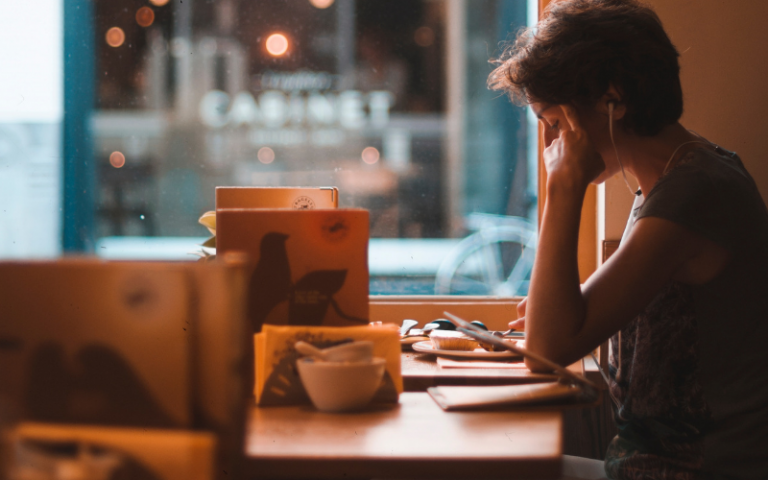A smooth PhD journey: Advice from a PhD student
10 January 2019
Doing a PhD can often be a journey filled with many successes and hardships. PhD student Pingping gives us her tips on how to resolve common issues both effectively and efficiently.

As a final year PhD student, I know how hard it can be at times. I’ve experienced and witnessed the many hardships but I’ve also seen the benefits of conducting my own research in a supportive environment. Common issues that PhD students may encounter include academic writing, procrastination, upgrades, viva preparation and corrections. Here are some tips to avoid common troubles and achieve success in your research.
A smooth journey
If you’re planning to conduct empirical research during the course of your PhD, I would recommend getting in touch with potential subjects of study within the first few months of your PhD journey. Doing so will allow you to recruit people/objects early and have peace of mind that you will be able to use them later to collect data. It will also give you time to sort out logistics such as visas and travel if you need to go abroad to conduct research. Don’t get caught out. Plan early and be prepared!
Some things are unpredictable, such as your supervisor retiring or moving to a different institution before you finish your PhD. To minimise disruption, there are ways that you can help to prepare yourself in the case that this occurs. Building good relationships with other academics and supervisors in your chosen area can make it easier to find a replacement supervisor who would be able to support you effectively.
PhD programmes are independent journeys of study, so as much as your supervisor is there to help and guide you through, try not to be too dependent on their creativity and ideas as this may make it difficult if you need to switch supervisors.
In the worst case scenario, you may need to interrupt your studies before resuming again with your new supervisor. You should prepare yourself for this option, as it can often mean that your PhD will take a little longer than initially planned. Interruptions can also be given for personal reasons too – so just remember to enjoy your PhD and take a break if you need to.
Writing and procrastination
I would highly recommend writing little and often rather than waiting until the last minute. Keeping up the habit of writing regularly will help you to navigate new avenues for your research and think of new ideas.
It is also a good idea to set up fortnightly meetings with your supervisor. This way, you will be motivated to keep writing so that you have something to discuss during the meeting. At the end of each meeting, be sure to confirm a date and time for the next meeting. For me, these meetings are really useful, as the frequent deadlines I set myself have allowed me to stay on track with my write-up.
Organised ‘Shut up and Write!’ groups can be a great way to focus yourself and minimise distractions. All you need to do is get a few of your PhD friends together, book out a room, set out a schedule for writing and breaks and then simply enjoy the silence and write. The community feel has really helped me avoid distractions and work more effectively.
The UCL Research Student Log has a timeline to help you keep track of important deadlines. Make good use of the log as it will help you with time management. Try to keep on top of things and not delay your PhD journey too much. The more you hold off and delay, the more lassitude you will have and the more nervous you will become.
It’s very important to keep fresh, curious and active during your PhD. Remember that as hard as PhDs are, it’s also important to have fun too!
Pingping Huang, PhD student at the Institute of Education
 Close
Close

